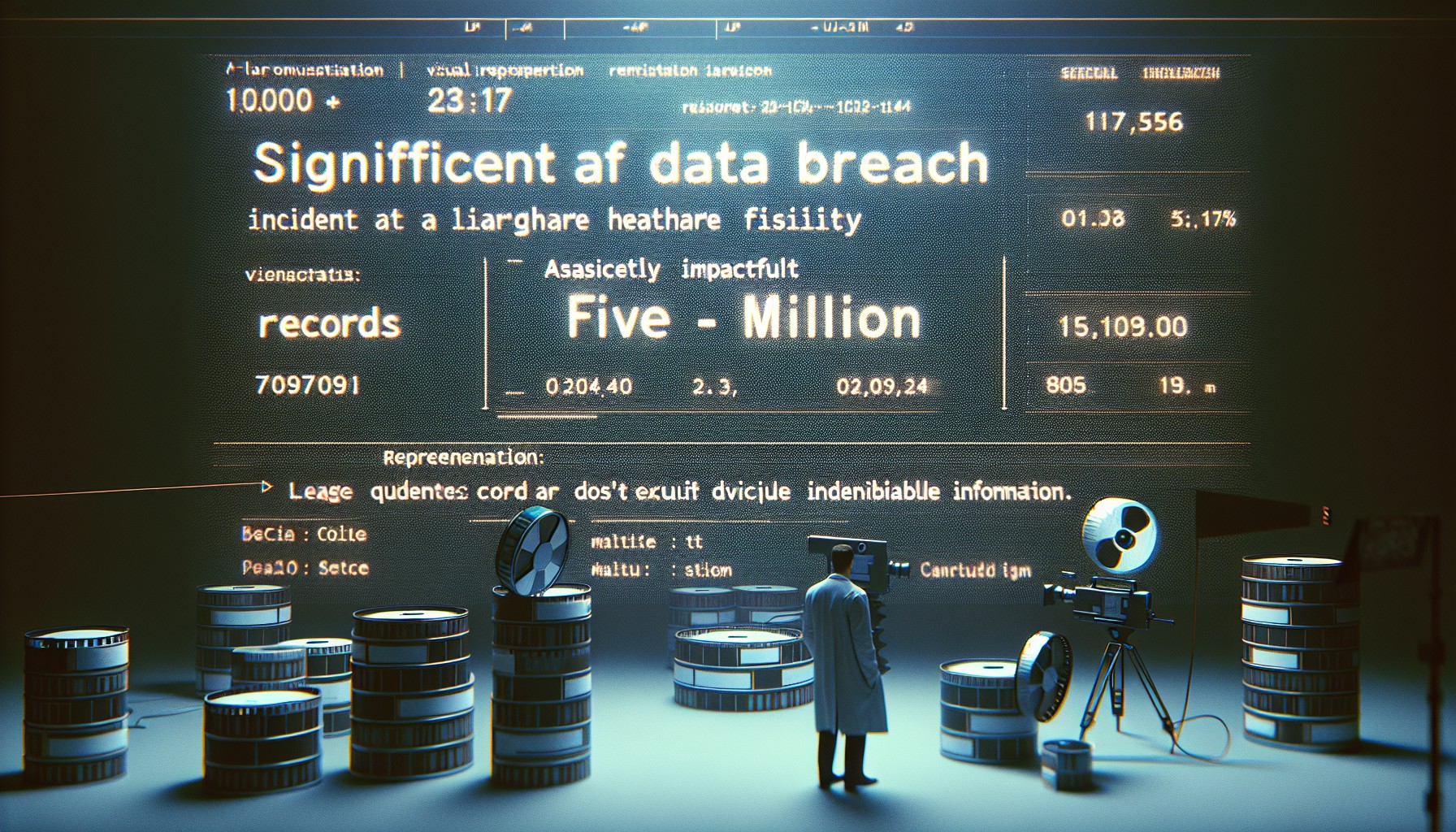In March of 2025, Connecticut’s largest healthcare provider faced a significant cybersecurity issue when it was hit by a ransomware attack. This incident serves as a stark reminder of the growing intersection between healthcare and technology, and the importance of integrating advanced artificial intelligence (AI) solutions to mitigate such risks in the future.
The increasing frequency and sophistication of ransomware attacks highlight the vulnerabilities within healthcare systems, which are often underpinned by outdated infrastructure. AI has the potential to revolutionize cybersecurity in healthcare by proactively identifying threats and responding to attacks in real-time. Machine learning algorithms can analyze vast datasets to detect anomalies and predict potential security breaches, providing a robust defense mechanism that evolves with emerging threats.
In the case of the Connecticut healthcare provider, the attack disrupted operations and compromised sensitive patient data. This scenario underscores the need for healthcare organizations to invest in AI-driven security platforms. By employing AI, these systems can enhance their ability to protect patient data, ensure compliance with regulations, and maintain trust in their services. AI can automate the detection of irregular network patterns, flagging potential security breaches long before they escalate.
Moreover, AI can assist in post-attack recovery. Following a cyberattack, AI systems can help in quickly identifying the extent of the breach, assessing which data has been compromised, and providing insights into how the attack occurred. This information is crucial in preventing future incidents and refining security measures. Additionally, AI can facilitate the restoration of systems to operational capacity more efficiently, minimizing downtime and the associated costs.
The integration of AI into cybersecurity strategies also supports the training of staff. AI can simulate various attack scenarios, allowing healthcare providers to prepare their workforce for potential threats. This proactive approach ensures that staff are not only aware of how to prevent attacks but also equipped to respond effectively when they occur. Through continuous learning and adaptation, AI enhances the organization’s overall resilience to cyber threats.
As AI continues to advance, its role in cybersecurity will only become more critical. Future developments may include more sophisticated predictive analytics and automated response systems, which could drastically reduce the impact of cyberattacks on healthcare providers. By staying at the forefront of AI technology, healthcare organizations can better safeguard their operations and the personal data of their patients.
However, the deployment of AI in cybersecurity is not without challenges. Ethical considerations, such as data privacy and the potential for AI to be leveraged by attackers, must be addressed. Ensuring that AI systems are transparent and accountable is crucial in maintaining public trust. Collaboration between technology developers, healthcare providers, and regulatory bodies will be essential in navigating these challenges and harnessing AI’s full potential in enhancing cybersecurity.
As we move further into 2025, the healthcare industry must recognize the imperative role of AI in securing their systems against digital threats. The recent ransomware attack in Connecticut serves as a call to action for healthcare providers worldwide to prioritize the implementation of AI-driven solutions to protect their patients and ensure the continuity of care.
